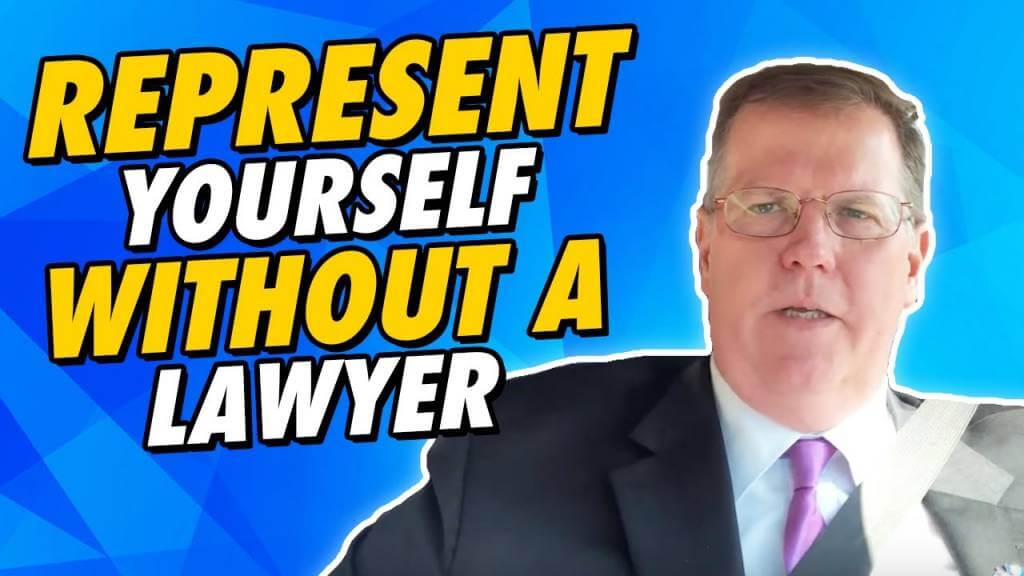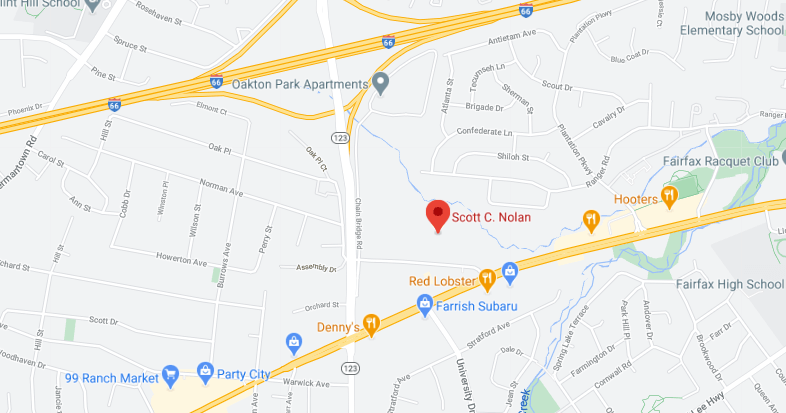Most everyone is aware of the fact that drinking and driving is not only dangerous but also illegal and can result in serious consequences for those facing charges. What many drivers may not realize is that the Commonwealth of Virginia has some of the strictest DUI laws in the country, and these laws can be extended to cases in which the intoxicated driver may not actually have been driving their vehicle. Learn more about non-driving DUI cases in Virginia and see how an attorney may be able to help you if you have been charged.
When Is a Person Considered to Be Operating a Vehicle in Virginia?
In order to understand Virginia’s DUI laws, it is important to consider how the Commonwealth interprets the concept of driving or operating a vehicle. Typically, a DUI case would be initiated when a driver is actively driving their vehicle on a public roadway in Virginia and is showing signs that lead an officer to believe they may be under the influence of alcohol or drugs, such as speeding or drifting between lanes.
However, the Virginia Code makes it illegal for a person to drive or operate a vehicle while impaired, and that is an important distinction – “drive” and “operate” are loosely interpreted beyond their traditional meaning and refer to the driver being in actual physical control of the vehicle. Actions such as sitting in your vehicle with the keys in the ignition could be considered “operating” your vehicle, even if you were not actually driving the vehicle on the road.
Can You Get a DUI Even if You Were Not Driving a Vehicle?
In practical terms, you can get a DUI if you are intoxicated and have actual physical control of a motor vehicle. There are many behaviors that could be interpreted as actual physical control, and not all of them involve driving. While the most common DUI case type involves someone who was actually driving their vehicle, previous case law shows that the courts have interpreted that someone who is intoxicated and sits behind the wheel of a motor vehicle with the key in the ignition switch is in actual physical control of the vehicle and thus could be found guilty of driving under the influence – even if they never really started or moved their vehicle.
For example, it is not unusual for someone to realize they are too drunk to drive after spending an evening out with friends and decide to sit in their car just to sleep it off in hopes of becoming sober enough to drive home later. If a police officer approaches the driver in the parked vehicle and has enough reasons to believe that the driver is intoxicated and in actual physical control of the vehicle, it is possible that the driver could be charged with a DUI.
Can an Officer Arrest Someone for a DUI if They Were Sleeping in a Car on Private Property?
In Virginia, DUI laws are applicable both on private and public property. While sleeping in your car is a more sensible choice than driving home after drinking, it is important to be careful about how you choose to do that, as you could still be charged with a DUI.
For example, if you are caught sitting in the driver’s seat and sleeping with the key in the ignition switch because it was a cold night and you wanted the heat running, the police may interpret it as having actual physical control of the vehicle or having the intention of driving the vehicle while intoxicated. They may also look for additional evidence to prove you may be guilty of a DUI, such as checking the hood of the vehicle to see if it is warm (which could indicate the vehicle was driven very recently before stopping).
If you choose to sleep in your vehicle after having one too many drinks, it may be wise to sit in the backseat of your vehicle and keep the keys away from you by placing them in the glove box, trunk, or another compartment of your vehicle, and you may also want to avoid running your vehicle’s engine even if you do not intend to drive it. That way, you will likely be able to reduce the chances that a routine police welfare check will turn into a DUI arrest.
What Are the Penalties for a Non-driving DUI?
In general, the penalties for someone charged with a non-driving DUI are not different from those charged with a traditional DUI – both are considered a misdemeanor, and the more serious DUI cases can be charged as a felony. However, most DUI cases are considered misdemeanors, which typically result in a jail sentence of up to one year and/or a fine of up to $2,500.00. In addition, the person convicted of a DUI may face a license suspension and progressively harsher penalties for a second or subsequent DUI within a 10-year period.
If you have been charged with a non-driving DUI, it is crucial for you to contact the attorneys at The Law Office of Scott C. Nolan, PLLC. Our attorneys can help you understand your charges, build a strong defense strategy to contest the police’s argument, and question whether their evidence proves beyond reasonable doubt that you were in actual physical control of a motor vehicle while intoxicated. Contact our office in Fairfax, VA, by calling 703-688-9236 and requesting an initial consultation to discuss your case and learn how we can help you protect your rights.











